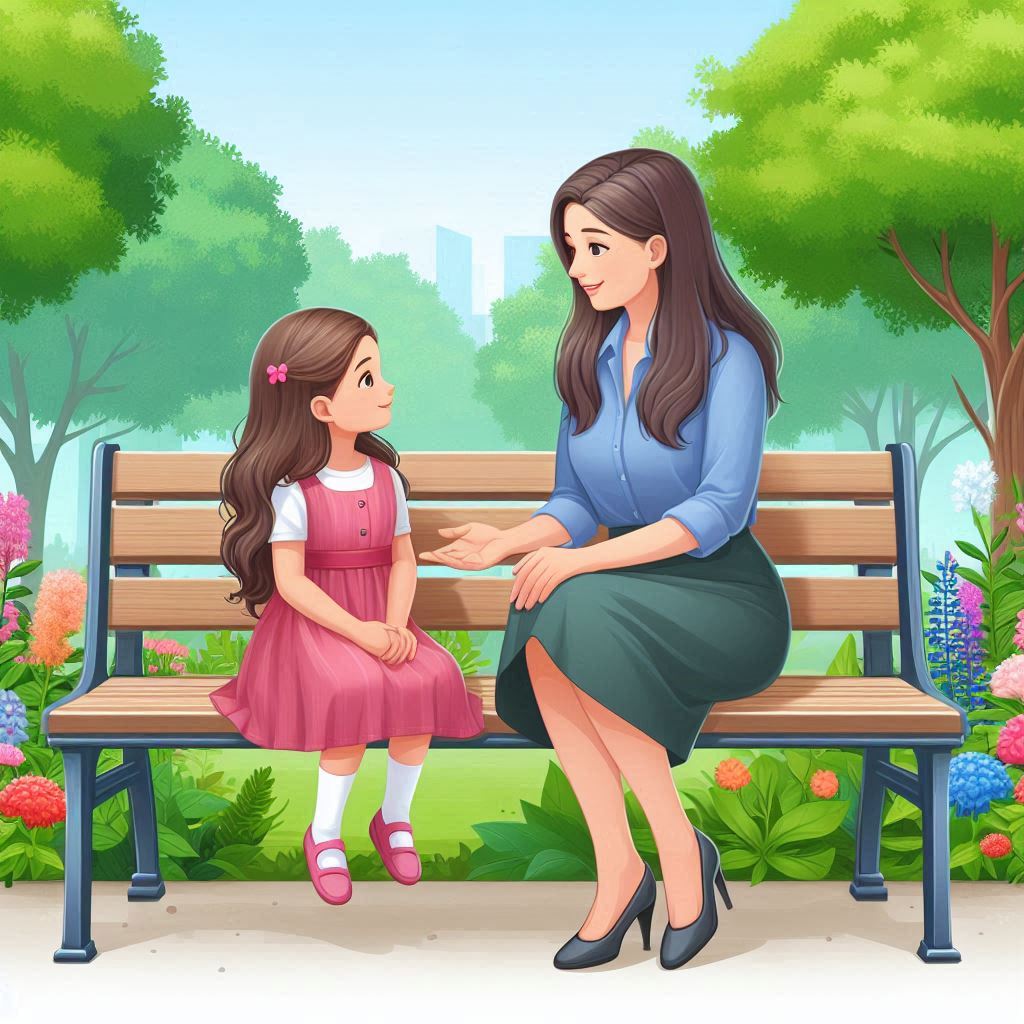How to Talk to Growing Kids about their Reproductive System and Keeping It Healthy?
Talking to kids about their reproductive system can feel daunting for parents. But as children grow, understanding their bodies is essential for fostering confidence, self-awareness, and a foundation for making informed choices. Perhaps, throw in the ideas of applying due diligence when buying medications from male enhancers, vitamins, and the likes so they would not have to experience side effects of any medications that they are using.
Why Start the Conversation Early?

Children begin noticing body changes as they grow, especially during puberty. If these changes aren’t explained, they may turn to unreliable sources for answers. By being proactive, you can provide accurate information while creating a safe space for questions.
Starting early also normalizes discussions about health. When kids know it’s okay to talk about their bodies, they’re more likely to approach you in the future with concerns or queries.
Keep It Age-Appropriate
Every conversation should align with your child’s developmental stage. For younger kids, focus on basic anatomy and hygiene. For instance, explain that boys and girls have different body parts and discuss why keeping those areas clean is important.
As they approach puberty, delve deeper into topics like menstruation, sperm production, and hormonal changes. Use proper terms like “ovaries,” “uterus,” and “testicles,” as this helps demystify their bodies and reduces embarrassment.
For teenagers, it’s vital to discuss topics like safe relationships, consent, and the importance of protecting themselves from sexually transmitted infections (STIs).
How to Approach the Topic Comfortably?
Timing is everything. To help you discuss the topic while ensuring that your kids will maintain an open mind, consider the following:
- Choose the Right Moment: Find a quiet, private time when your child feels relaxed. It could be during a car ride, a walk, or a casual moment at home.
- Be Honest and Open: Let them know it’s okay to ask anything. If you don’t have all the answers, it’s fine to say, “I’ll look it up, and we can learn together.”
- Use Resources: Books, diagrams, or educational videos can help explain concepts clearly and ease discomfort.
- Stay Neutral: Avoid making the conversation awkward with jokes or unnecessary reactions. Kids pick up on your tone, so staying calm and matter-of-fact encourages openness.
Fostering Lifelong Awareness
Your guidance is critical in forming how your child views their body and health. Keep the conversation ongoing—don’t treat it as a one-time talk. Check in with them periodically, offering reassurance and additional insights as they mature.


